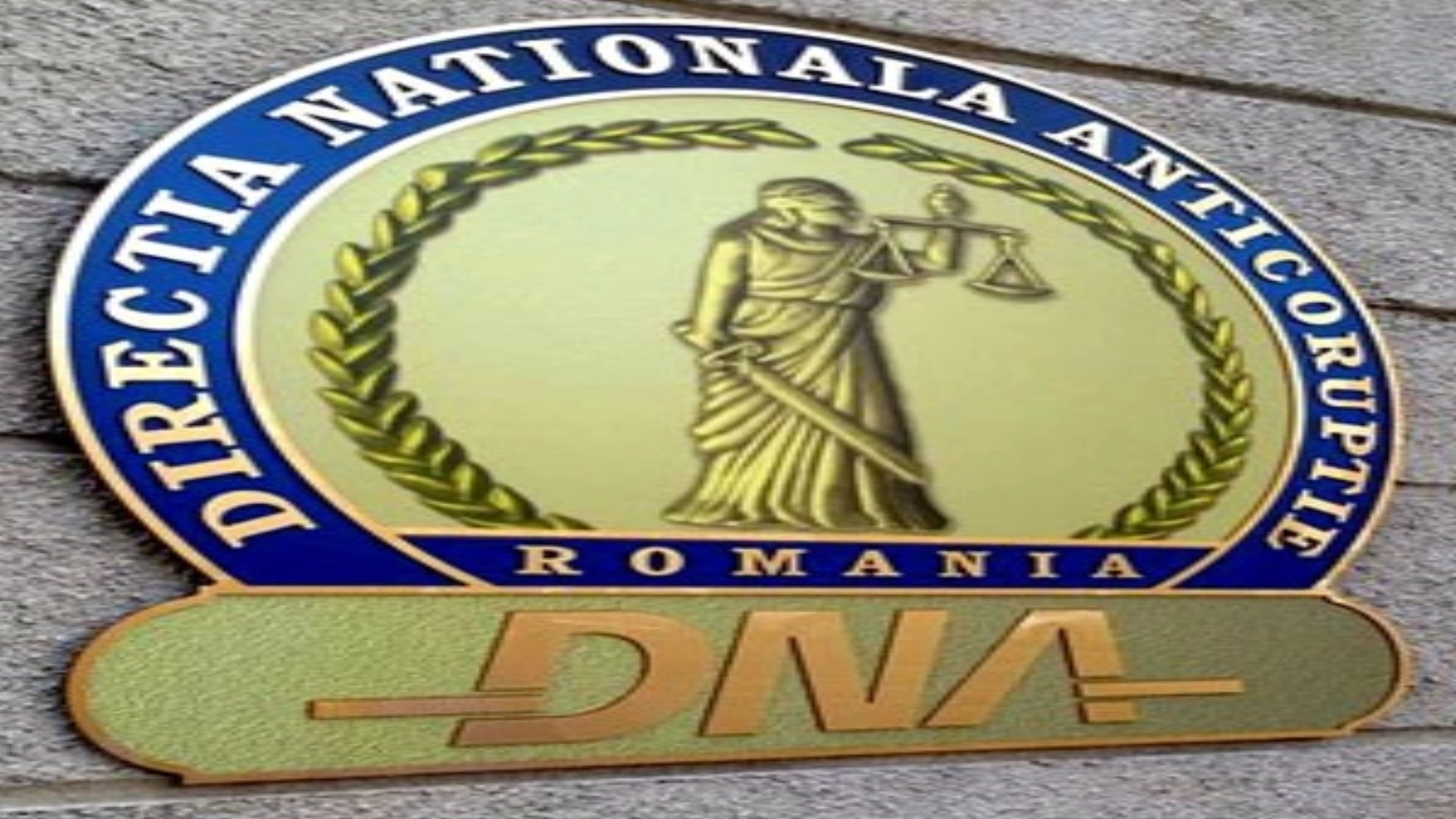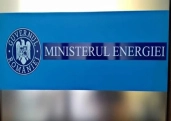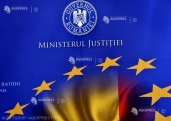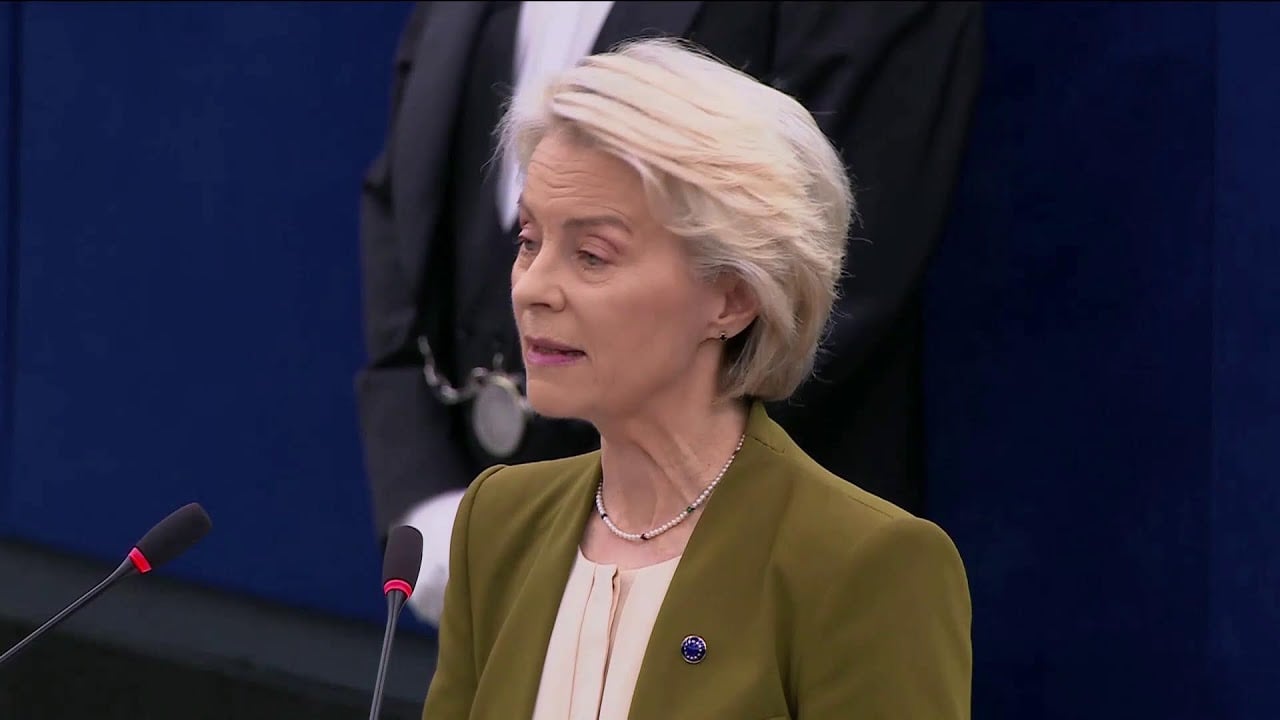Anticorruption prosecutors conducting a criminal investigation into the case of the Government's Emergency Ordinance No. 13 ordered the splitting of the cause and declined to the Prosecution Office attached to the High Court of Cassation and Justice jurisdiction for the investigation into several offences including the presentation in bad faith of inaccurate data to Parliament or the President of Romania on the activity of the government or a ministry, with a view to concealing deeds likely to harm the interests of the state and abet the offender.
According to a Monday release of the National Anticorruption Directorate (DNA), the anticorruption prosecutors ordered the closing of the case regarding the use of a party leader's influence or authority to obtain for self or others money, goods or other undue benefits.
"The analysis of the documents in the file revealed that evidence does not exist to support the offence provided for by Article 13 of Law No.78 / 2000 by people holding leadership positions in a political party, who would have allegedly exercised political authority or influence to obtain the passage in the evening of January 31, 2017 of an emergency ordinance amending the Criminal Code and the Criminal Procedure Code, in order to abet prosecuted or convicted persons who would have thus directly or indirectly enjoyed undue advantages; the conducted criminal investigation did not confirm any criminal acts. By referencing the outcomes of the criminal investigation to the provisions of Art. 13 of Law No. 78/2000, no concrete data or clues emerged to support the conclusion that a corruption offence had been perpetrated. The examination of the criminal investigation acts in the case, specifically the statements of witnesses, the documents seized and the other evidence did not reveal specific evidence in support of the allegations made in the notification that was the basis for the registration of this case," the DNA said in the release.
The prosecutors also assert that the investigation produced clues supporting the assumption of abetting the offender, the presentation in bad faith of inaccurate data to Parliament or the President of Romania on the activity of the government or a ministry in order to conceal deeds that could harm the interests of the state (provided for and sanctioned by Law No. 115/1999), of theft or destruction of documents (Art. 259 Para 1 and 2 of the Criminal Code), theft or destruction of evidence or documents (Art. 275 of the Criminal Code) and forgery.
"Since the aforementioned offences do not fall within the competence of the National Anticorruption Directorate and since the specific conditions provided for by Law No.78 / 2000 republished or by OUG No.43 / 2002 are not met, the case built for these five offences shall be split and shall be referred to the Prosecution Office attached to the High Court of Cassation and Justice to handle," the cited source said.
































Comentează